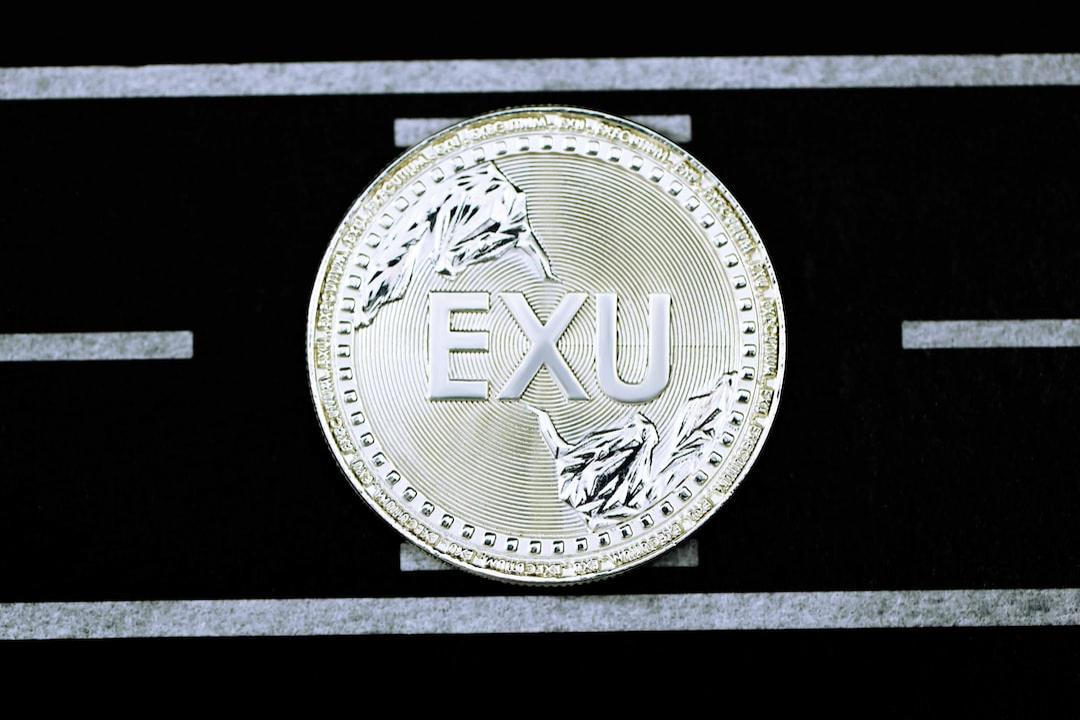More States Expected to Join Wisconsin in Purchasing Bitcoin ETFs, Predicts Finance Professor

Andrew Throuvalas
Last updated:
June 3, 2024 12:07 EDT
|
2 min read

According to a finance professor from Marquette University in Wisconsin, the state’s initial investment in Bitcoin ETFs could have a significant impact and potentially lead to other states following suit.
In an interview with PBS, David Krause, an emeritus professor at Marquette University, stated that the current $160 million investment by Wisconsin is just the beginning and a test to gauge public reaction and resistance to owning Bitcoin.
Over the past two months, major investment firms have disclosed their securities portfolios through mandatory filings with the Securities and Exchange Commission (SEC). This allowed Bitcoin enthusiasts to see which institutions had invested in Bitcoin through ETFs after they were launched on national securities exchanges in January.
One surprising investor was the State of Wisconsin Investment Board (SWIB), a top ten pension fund in the country, which purchased shares of both BlackRock and Grayscale’s Bitcoin products. This move caught Bitcoin bulls off guard, as they expected a longer wait before pension funds would begin allocating funds to Bitcoin.
As of March 31, SWIB’s Bitcoin ownership represented only 0.4% of its $37.4 billion securities portfolio and 0.1% of its $155 billion in total assets.
Krause explained that Bitcoin would add diversification to the state’s portfolio since it doesn’t have a strong correlation with stocks and bonds. Additionally, it could serve as an inflation hedge due to its limited supply as a digital currency.
Looking ahead, Krause believes that other states will follow Wisconsin’s example. However, he clarified that underfunded states may struggle to afford such investments due to Bitcoin’s high short-term volatility. Despite this, Krause expects the long-term trend for Bitcoin to continue rising.
In a recent memo, Bitwise CIO Matt Hougan highlighted that many institutional investors make small Bitcoin allocations initially before gradually increasing their investments to one to five percent of their portfolios.
For example, HighTower Advisors allocated $68 million to Bitcoin ETFs last quarter, representing just 0.05% of their total portfolio.
Hougan emphasized the potential impact of larger allocations, stating, “A 1% allocation of their portfolio to bitcoin would equate to $1.2 billion—all from a single firm. Multiply that by the growing number of professional investors participating in the space, and you can begin to see what’s behind my enthusiasm.”
Follow Us on Google News

